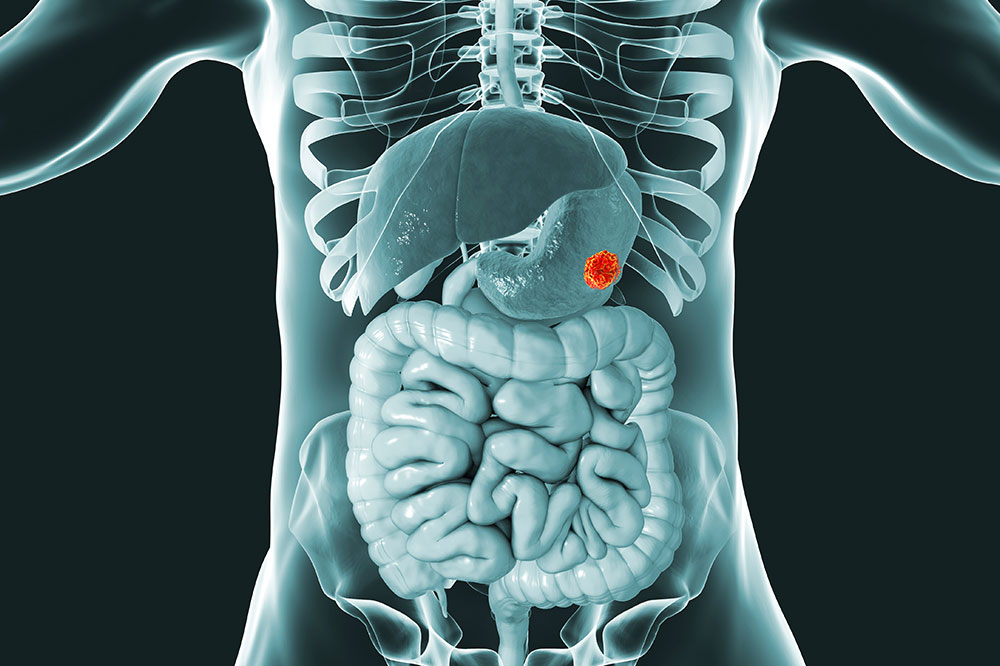Understanding Gastrointestinal Stromal Tumors (GIST): Symptoms, Causes, and Treatment Options
Gastrointestinal stromal tumors (GIST) are abnormal growths in the digestive tract, most often in the stomach and small intestine. Symptoms are subtle but include abdominal pain, bloating, and weight loss. Causes involve genetic mutations affecting cell behavior. Treatment options range from surgery and targeted drug therapy to manage tumor growth effectively. Early diagnosis is crucial for better outcomes. Consult healthcare professionals for personalized advice and treatment planning.

Understanding Gastrointestinal Stromal Tumors (GIST): Symptoms, Causes, and Treatment Options
A gastrointestinal stromal tumor (GIST) is a growth that develops from abnormal cells lining the digestive system. These tumors can occur anywhere along the digestive tract but are most frequently found in the stomach and small intestine. Since these cells can turn cancerous, early detection and treatment are essential.
Symptoms of GIST Often, GIST symptoms are subtle, leading to delayed diagnosis. As the tumor enlarges, common signs may include:
Abdominal pain and swelling
Digestive blockage
Reduced appetite
Feelings of lumps in the abdomen
Nausea and vomiting
Persistent tiredness
Unexplained weight loss
Causes of GISTThe tumor mainly stems from abnormal interstitial cells of Cajal (ICCs), which control gut movements. Genetic mutations, particularly in DNA affecting the enzyme tyrosine kinase (KIT), are believed to trigger these cellular changes.
Treatment Strategies for GIST
Upon diagnosis, treatment depends on the tumor's size and spread. Key options include:
Surgical removal Surgery is typically the first step, but if cancer cells have spread extensively, surgery alone may not suffice.
Chemotherapy and radiation therapy For aggressive tumors, these are used to target cancer cells but have limited success as standalone treatments.
Targeted therapy Modern medications such as imatinib, sunitinib, and regorafenib inhibit specific proteins like KIT, effectively slowing tumor growth when traditional treatments fail.
Note:
This article provides general information about GISTs, their symptoms, causes, and treatment options. It is not a substitute for professional medical advice. Always consult qualified healthcare providers for diagnosis and treatment decisions.










